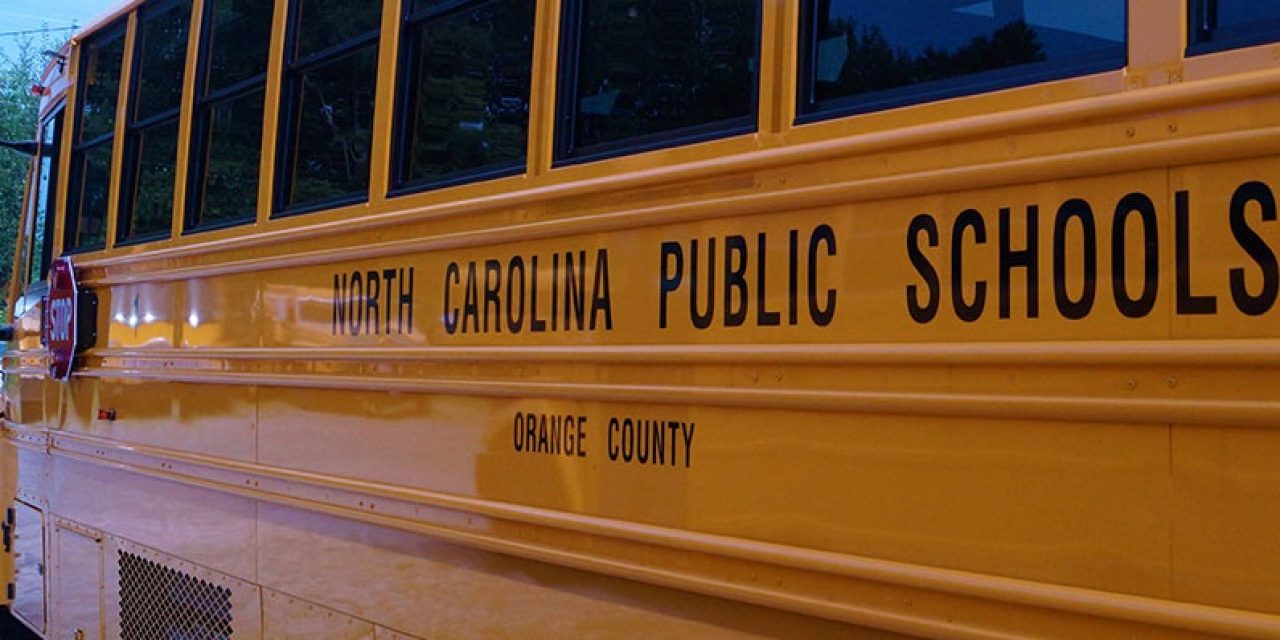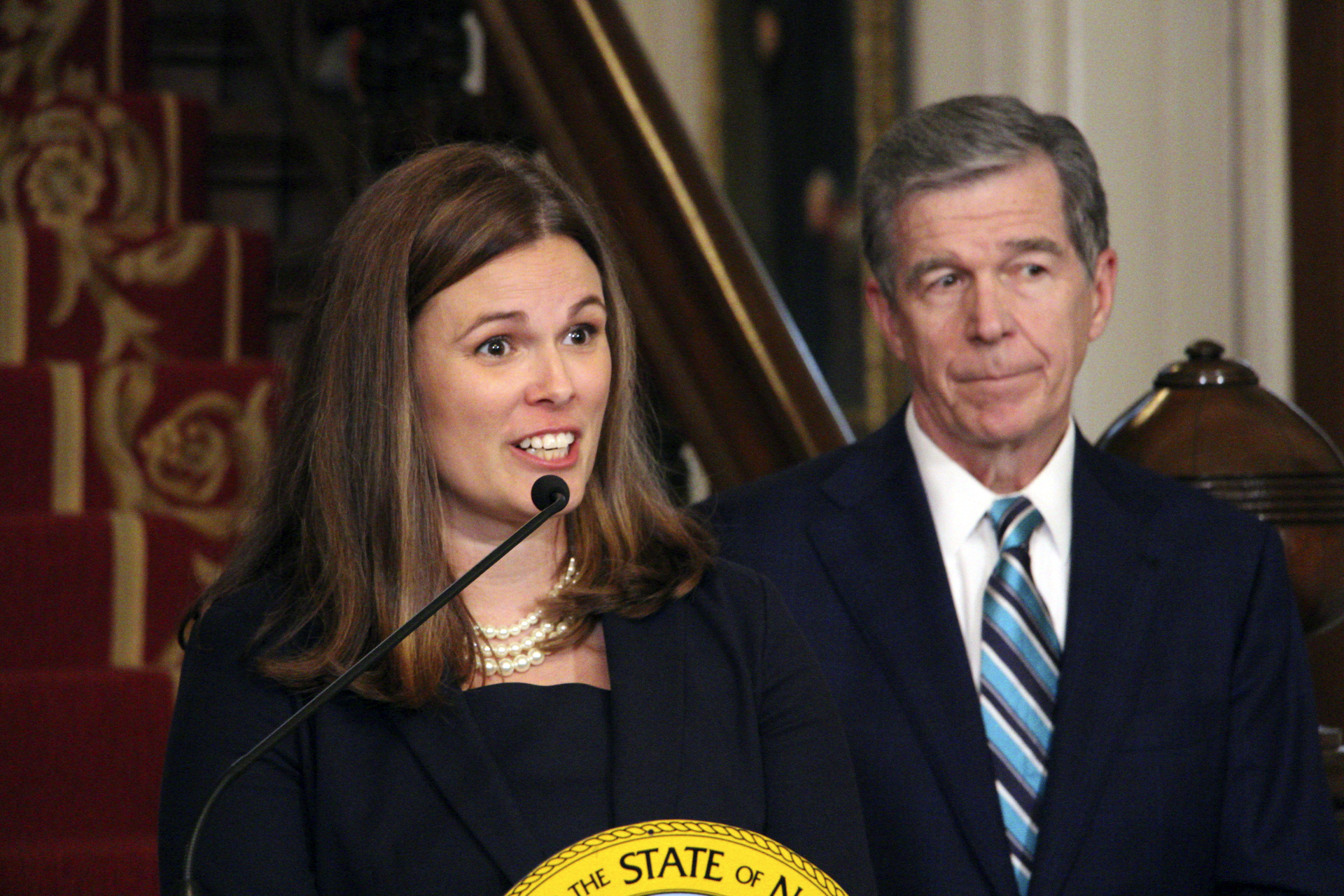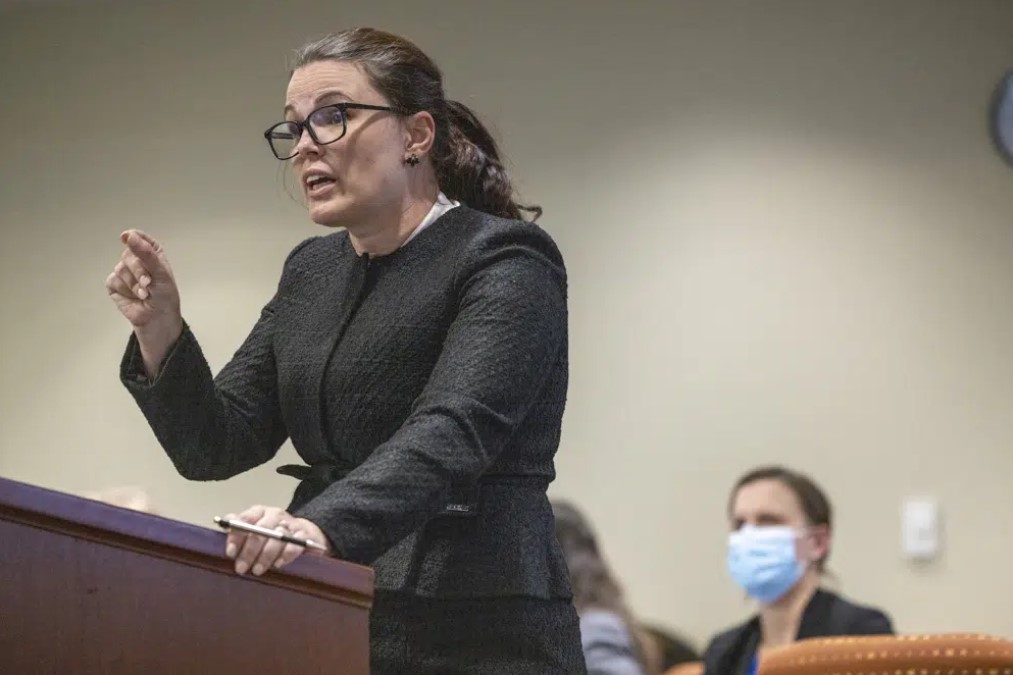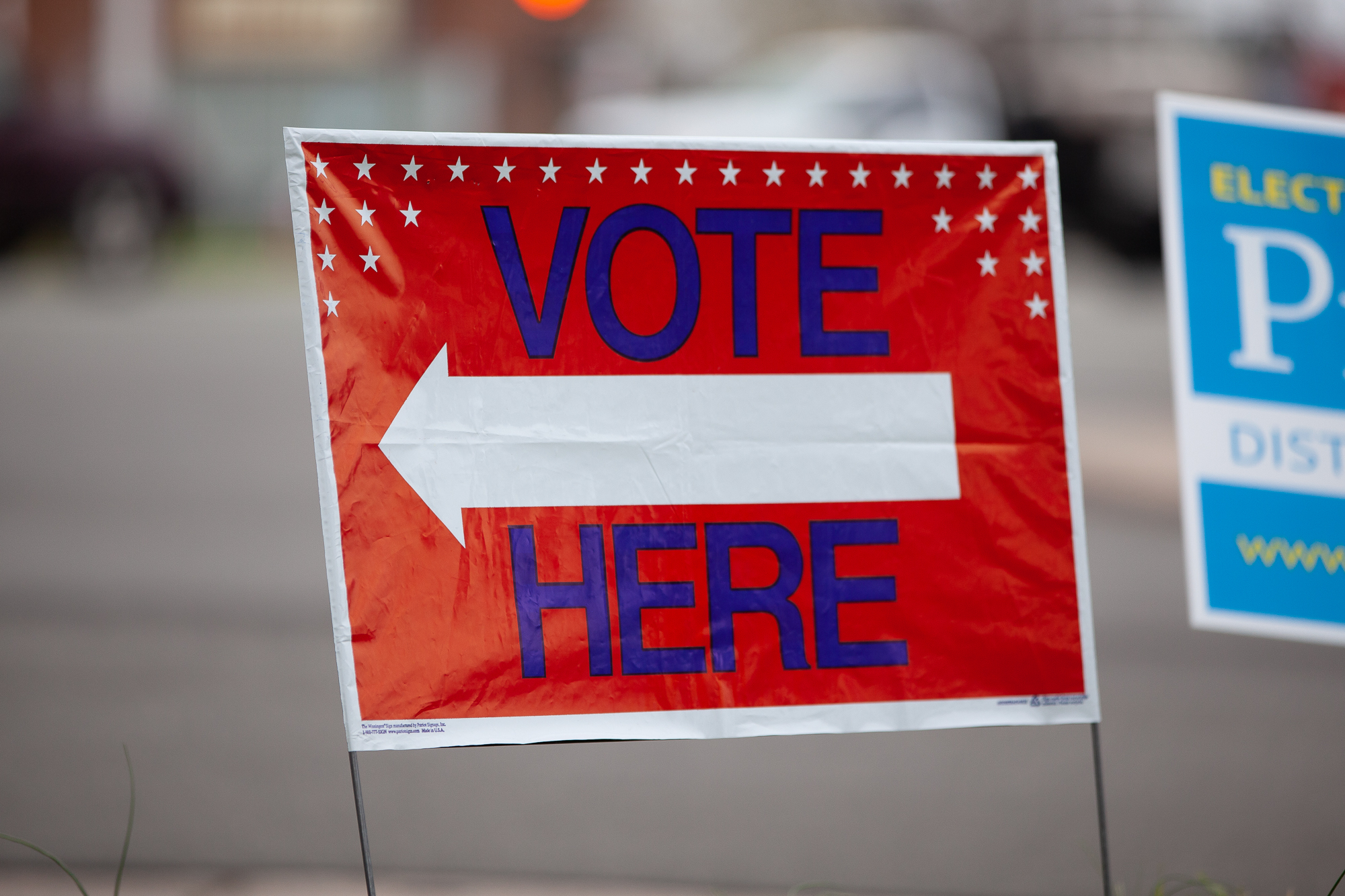When students misbehave in the classroom, they’re often suspended, meaning they’re sent home for a certain amount of time.
The Youth Justice Project released a report that says suspending students can actually be harmful, both to those students and to the rest in the classroom.
“Suspension and schools that have high rates of suspension actually have reduced school climates for all students,” said Peggy Nicholson, Co-Director of the Youth Justice Project. “So, it’s not necessarily that you get rid of one rotten apple, which a lot of people would have you believe. Schools that are actually addressing the behavior, getting to the root of the misbehavior have more positive school climates and school communities for all students.”
Peggy Nicholson spoke with WCHL’s Aaron Keck.
The Youth Justice Project was formed by the Southern Coalition for Social Justice, and focuses on equity and justice for youth in education, juvenile and criminal systems.
Nicholson said the number of schools using suspension as a form of punishment has been increasing. She said over 100,000 North Carolina students were suspended or expelled from school in the 2015-16 school year, but there isn’t an obvious reason why.
“One theory that we have is that schools have fewer and fewer resources,” she said. “So, it’s hard to address misbehavior without using suspension. Some of the alternatives do require additional training or additional resources. We’re just not putting that into schools right now.”
She said suspensions and expulsions are disproportionately given to males, African-Americans and students with disabilities. And it isn’t because they misbehave more frequently.
“It really is some of these things we hear about like implicit bias and lack of training and cultural competency and institutional racism that are contributing to this dis-proportionality,” Nicholson said.
She said many schools both in Orange County and the surrounding areas have worked to combat these numbers, but many struggle because they don’t have the money to hire more help or provide more in-school punishments.
“Schools need resources to tackle student misbehavior without resorting to suspension and right now, public schools in North Carolina are not getting the resources they need,” Nicholson said. “Teachers want to teach, they want their students to be in the classroom learning, so we’ve got to give teachers the resources they need including social workers, counselors, alternative programming.”







Comments on Chapelboro are moderated according to our Community Guidelines